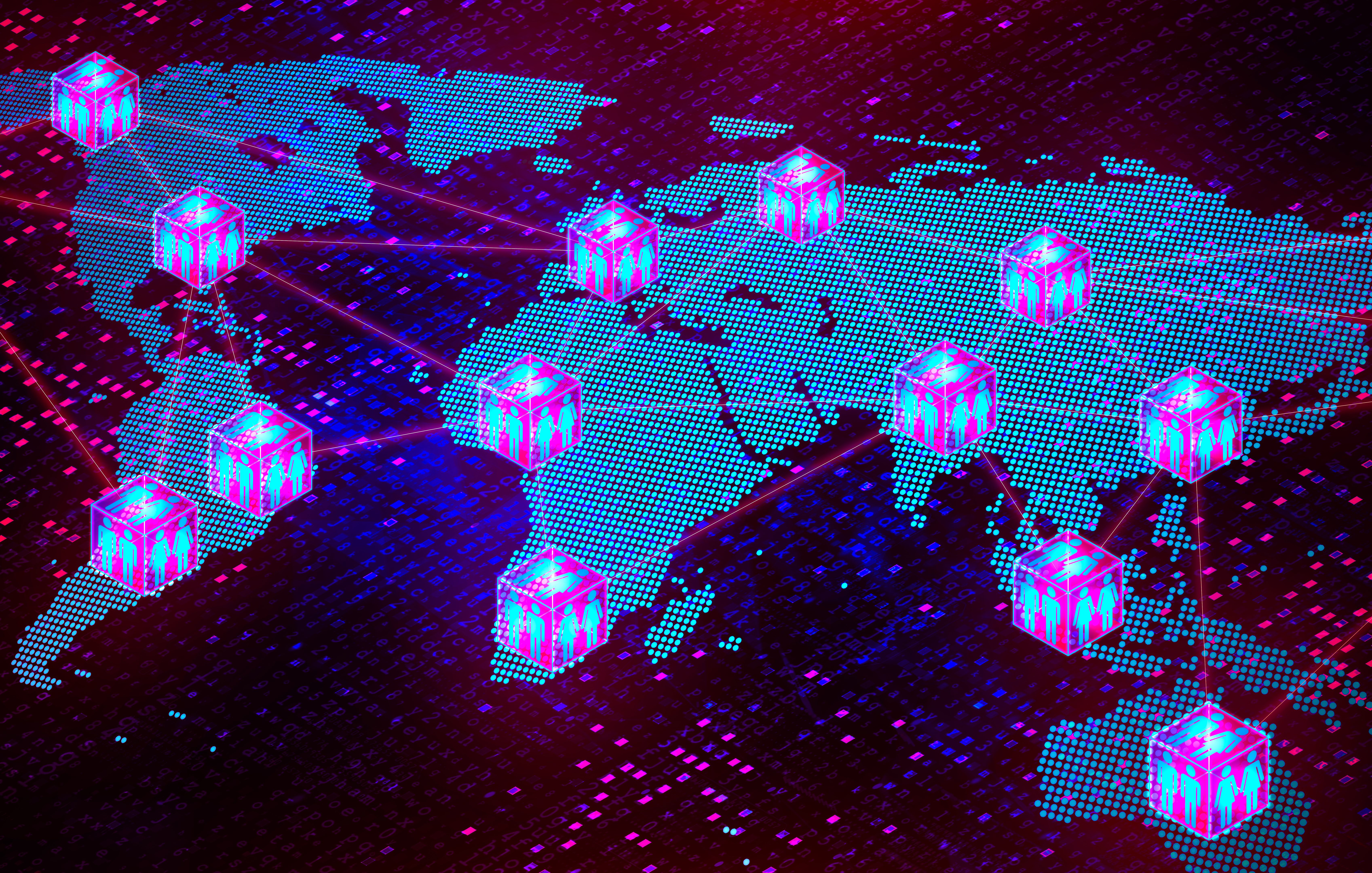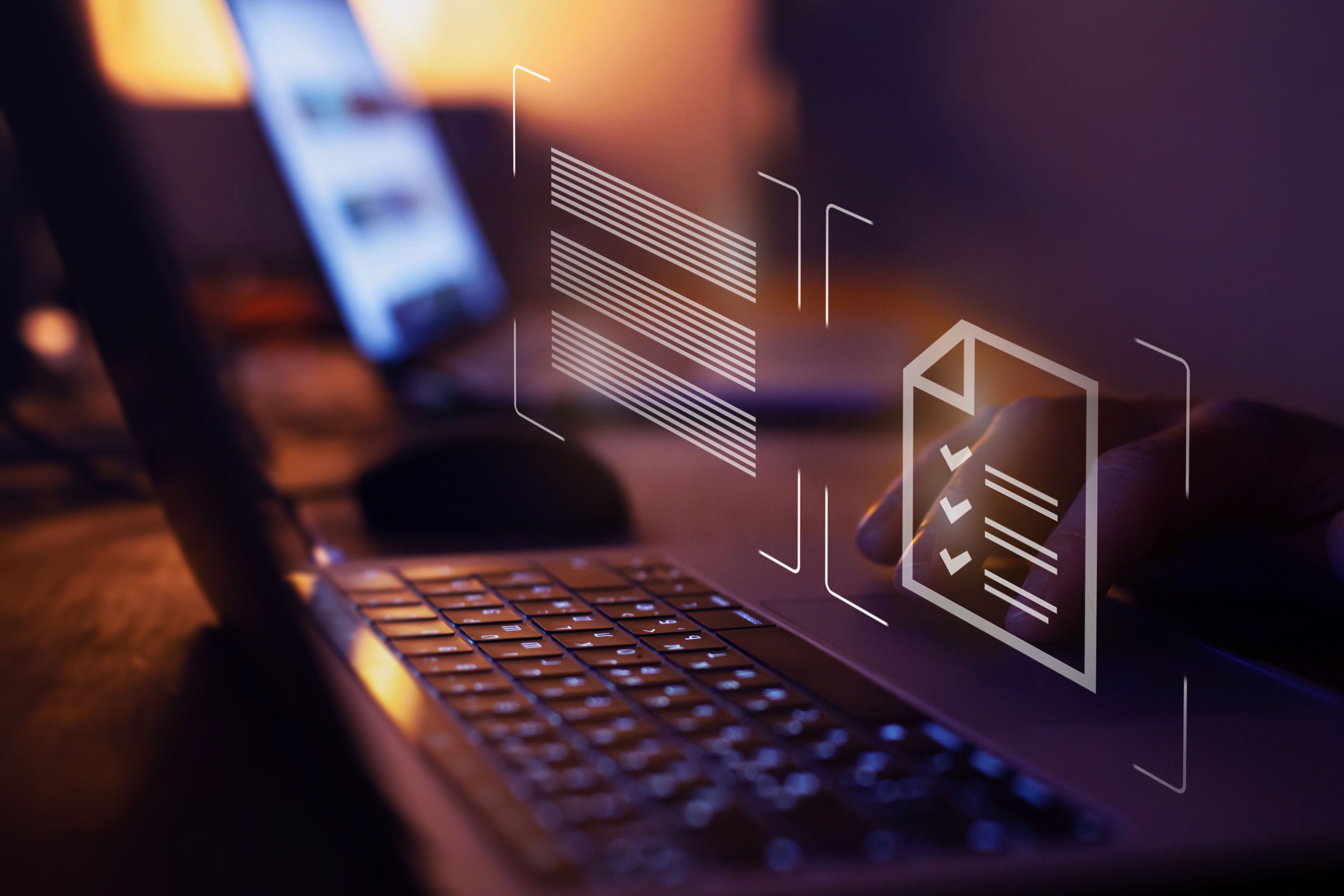Exploring Blockchain: A Guide for Hebrew Speakers
Understanding the Basics of Blockchain
Blockchain technology has become a buzzword in today's digital landscape, captivating the interest of many, including Hebrew speakers. But what exactly is blockchain? At its core, blockchain is a decentralized digital ledger that records transactions across multiple computers. This ensures that the recorded transactions cannot be altered retroactively, offering a high level of security and transparency.

How Blockchain Works
To grasp how blockchain functions, it's important to understand its structure. A blockchain consists of a series of blocks, each containing a list of transactions. These blocks are linked together in chronological order, forming a chain. When a transaction is made, it is broadcasted to a network of computers known as nodes. After validation, the transaction is added to a block, which is then attached to the chain.
The decentralized nature of blockchain means that no single entity has control over the entire network. This mitigates the risk of fraud and manipulation, making it an attractive option for various industries beyond just cryptocurrency.

Applications of Blockchain Technology
Blockchain technology extends far beyond just cryptocurrencies like Bitcoin. Its applications are vast and versatile, impacting various sectors. Here are some notable uses:
- Finance: Blockchain can streamline financial transactions, reducing costs and increasing security.
- Supply Chain: It enhances transparency and traceability in supply chains, ensuring authenticity and quality control.
- Healthcare: Patient records can be securely stored and shared on blockchain, improving data management and accessibility.
The Growing Popularity Among Hebrew Speakers
In regions where Hebrew is spoken, there is a growing community interested in blockchain technology. This interest is fueled by the potential economic benefits and advancements that blockchain can bring to businesses and individuals alike. As more educational resources become available in Hebrew, understanding and adoption are likely to increase.

Challenges and Considerations
While blockchain offers numerous advantages, it's important to recognize its challenges. One major issue is scalability. As more transactions are added, the system can become slower and less efficient. Additionally, there are concerns about energy consumption, as maintaining the network requires significant computational power.
Regulatory challenges also exist, with governments worldwide grappling with how to regulate this emerging technology. For Hebrew speakers interested in blockchain, staying informed about local regulations is crucial.

Future Prospects
The future of blockchain technology looks promising. As more industries explore its potential applications, innovations and improvements are expected to address current limitations. The continuous development of blockchain solutions tailored for specific needs will likely drive broader adoption among Hebrew speakers and globally.
Whether you're an entrepreneur, tech enthusiast, or simply curious about new technologies, understanding blockchain can offer valuable insights into the digital future. Embracing this technology now could provide significant advantages in the years to come.
